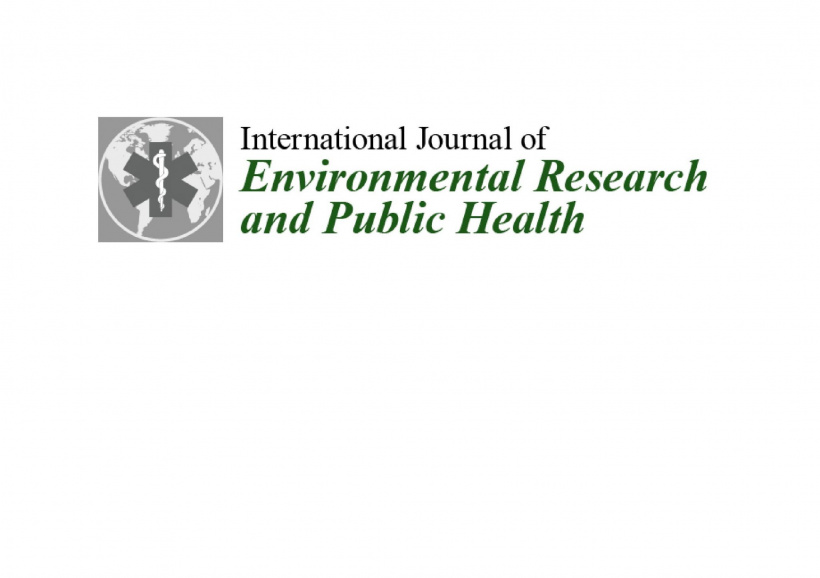Special Issue Editors
Prof. Ana Cláudia Teodoro
Guest Editor
Interests: image acquisition and processing for environmental, coastal, geological and health applications; machine learning algorithms; GIS
Dr. Alberto Freitas
Guest Editor
Interests: medical informatics; health information systems; data quality; data mining in medicine; intelligent data analysis; performance and quality indicators; health services research
Special Issue Information
Geospatial information derived from Earth’s Observation programs (EO), aerial platforms (e.g., unmanned aerial vehicles) and also from global navigation satellite systems are a valuable source of information and play a critical role in Public Health. For a long time, data from environmental satellite programs has been used to derive several environmental factors and afterwards used to establish a relationship between several human diseases and environmental conditions. Remote sensing data are crucial for estimating and monitoring health-relevant environmental variables. Since the launch of Landsat-1 in 1972, an increasing number of health studies have used remotely sensed data. These data are very helpful to understand the transmission mechanisms of several diseases and could be used to develop satellite data-based early warning systems. Although most of the health studies involving remote sensed data were related to parasitic diseases, recently, several studies have related different environmental factors (e.g., humidity, temperature, PM10, NO2) retrieved by remote sensing data with several diseases, such as asthma exacerbations, preterm birth, neurodegenerative disorders, circulatory mortality, and ischemic heart disease.
Geographic information systems also play an important role in public health research and strategy. In fact, the integration of accurate spatial data can be a vital asset in healthcare systems, for doctors and nurses to increment knowledge about factors possibly affecting their patients, but also for public health professionals and their need to be aware of population specific trends.
This Special Issue of the International Journal of Environmental Research and Public Health solicits papers that present research related to geospatial information to support monitoring and forecasting human health in order to better understand the spatial aspects of health and illness.
Dr. Ana Cláudia Teodoro
Dr. Alberto Freitas
Guest Editors
Manuscript Submission Information
Manuscripts should be submitted online at www.mdpi.com by registering and logging in to this website. Once you are registered, click here to go to the submission form. Manuscripts can be submitted until the deadline. All papers will be peer-reviewed. Accepted papers will be published continuously in the journal (as soon as accepted) and will be listed together on the special issue website. Research articles, review articles as well as short communications are invited. For planned papers, a title and short abstract (about 100 words) can be sent to the Editorial Office for announcement on this website.
Submitted manuscripts should not have been published previously, nor be under consideration for publication elsewhere (except conference proceedings papers). All manuscripts are thoroughly refereed through a single-blind peer-review process. A guide for authors and other relevant information for submission of manuscripts is available on the Instructions for Authors page. International Journal of Environmental Research and Public Health is an international peer-reviewed open access semimonthly journal published by MDPI.
Please visit the Instructions for Authors page before submitting a manuscript. The Article Processing Charge (APC) for publication in this open access journal is 2000 CHF (Swiss Francs). Submitted papers should be well formatted and use good English. Authors may use MDPI’s English editing service prior to publication or during author revisions.
More information here.

